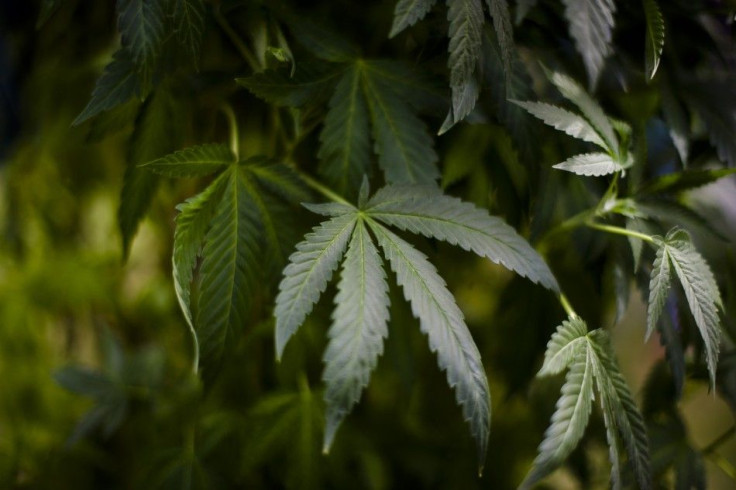DEA Says No to Marijuana Reclassification

Almost nine years ago supporters of medical marijuana asked the U.S. government to reclassify cannabis, or marijuana, as a drug useful in treating a variety of illnesses, the federal government's Drug Enforcement Administration (DEA) has ruled the drug has no medical use and should be classified into the future as a dangerous substance.
The DEA's ruling keeps marijuana in an illegal drug classification with heroin.
Marijuana is approved in California and other states for medicinal purposes. State laws allowing marijuana prescription by licensed medical professional vary, but the base argument for allowing it at the time of approval was that some studies have shown the drug effective in treating diseases including glaucoma and multiple sclerosis.
There has never been national acceptance of marijuana for medical treatment, however, thus the appeal of federal authorities to re-classify cannabis.
Advocates of medical marijuana plan to appeal the DEA's decision through the U.S. Court of Appeals.
The chief counsel for Americans for Safe Access who is the lead attorney on the lawsuit pushing the federal government to reclassify cannabis as a drug beneficial in medical treatment says the decision by the DEA was disappointing, but that it now clears the way for the appeal. Joe Elford, the attorney, said he is not surprised by the DEA's decision.
This is the third attempt via petition to have marijuana reclassified, and each has failed. The first was filed in 1972, and denied after 17 years. The second was filed in 1995, and denied six years later. This time, petitioners finally got a response after nine years after asking the U.S. Court of Appeals two months ago to force President Barack Obama's administration to respond.
In a letter dated June 21 to the organizations filing the petition to reclassify marijuana, DEA Administrator Michele M. Leonhart said she rejected the request because marijuana has a high potential for abuse. She also said marijuana has no currently accepted medical use in treatment in the United States and lacks accepted safety for use under medical supervision.
The letter was accompanied by 37 pages of supporting documentation, and the papers were published Friday in the Federal Register.
© Copyright IBTimes 2024. All rights reserved.





















